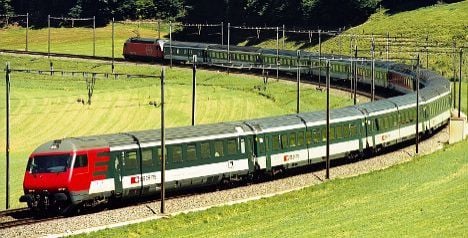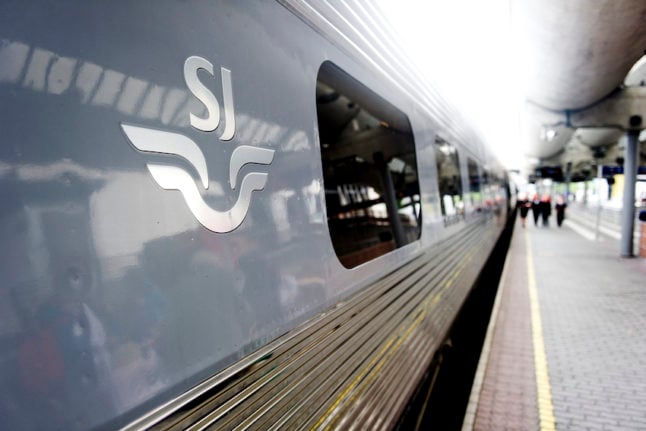SBB’s new policy coincides with the launch of new timetables on December 11th. From that date, conductors will issue on-the-spot fines, in the form of additional tickets, to passengers who refuse to remove their belongings from seats they have not paid for on busy trains.
“Reticent passengers will have to pay for an extra ticket,” SBB spokesman Reto Kormann told newspaper 20 Minuten. “Otherwise, they will be kicked off the train,” he added.
Passengers will be made aware of the new rules through loudspeaker announcements. But Kormann said he did not believe many people would incur the fines, since most passengers do make room for others when there are no seats left.
Pro Bahn, an association that defends the rights of public transportation users, said it is delighted with the new measures.
“It is legitimate for reckless people to be fined,” said president Kurt Schreiber.
Conductors are less happy with the new regulations, which they say that will lead to “additional conflicts” with passengers.
Though sceptical about the move, Jürg Hurni, from transport workers’ union SEV, told 20 Minuten he was pleased that conductors “will finally have clear rules to refer to” when asking passengers to free up empty seats.



 Please whitelist us to continue reading.
Please whitelist us to continue reading.
Member comments